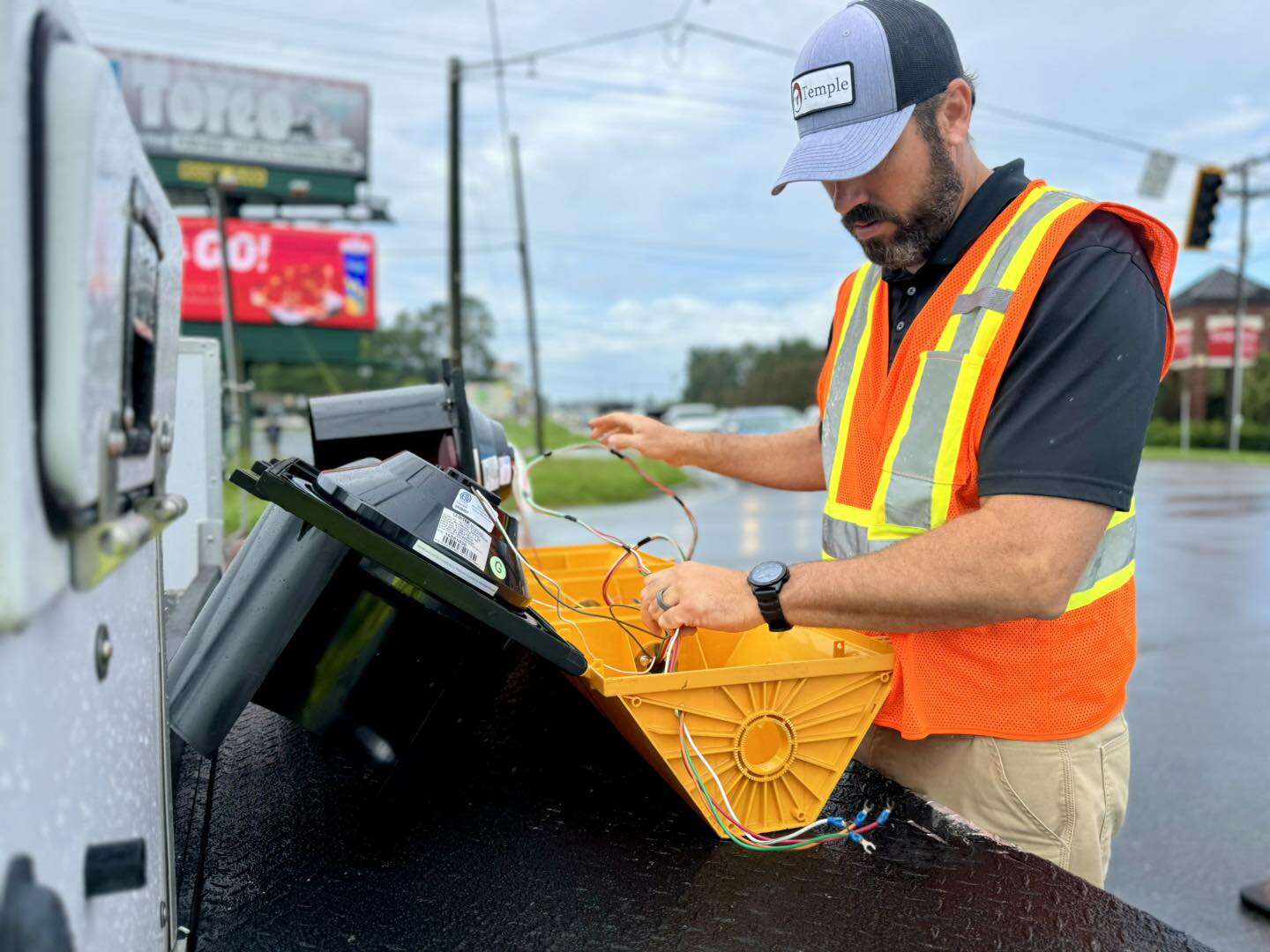BUSH: Where there’s a will, there’s a way
Published 11:00 am Sunday, August 21, 2022

- Stacy Bush
“Where there’s a will, there’s a way.” Sage advice that applies not only to our lives but to your estate strategy.
When was the last time you reviewed your will or estate strategy? August is National “Make a Will” Month, an excellent annual reminder to update or create your will. Having a will in place can make the difference between a smooth estate process and a probate nightmare for your loved ones.
What Is a Will?
A will or a Last Will and Testament is a legal document that outlines your intention for the distribution of your assets after your death. It is an integral part of a comprehensive estate plan and helps your loved ones avoid legal and financial loopholes and know what to do with your assets. These explicit instructions are essential and can help everyone avoid a lot of headaches.
Wills vs Trusts
When you’re researching estate planning documents, you have likely come across both wills and trusts. While both documents can help dictate what you want to do with your assets when you’re gone, there is one main difference.
The primary difference between a will and a trust is that a trust takes effect as soon as it’s created and signed, while a will does so only after you pass away. There are also two different types of trusts to consider: irrevocable and revocable.
– Irrevocable trusts are trusts that can’t be changed or canceled after they have been signed.
– Revocable trusts can be changed and the grantor has the right to change the terms or even end the trust.
Some other differences between wills and trusts are that a will requires probate to transfer items to beneficiaries but trusts can avoid probate. In addition, wills are public record and trusts can remain private. Because a trust takes effect right when it’s created, it can be used if you become incapacitated and unable to make decisions independently.
Do You Need a Will?
We face so many financial obligations every day, so should creating a will be at the top of your list? Most financial experts say yes, you need a will. Even if you don’t have substantial assets to transfer, a will can still help your family feel more confident about your wishes. In addition to making the transfer of assets easier, here are a few benefits of having a will:
– It allows you to distribute your property and protect your loved ones after you pass away.
– It can provide peace of mind to you and your family.
– You can plan for those in your care (e.g. naming a legal guardian for your children or pets).
– It may prevent family conflict.
– It can eliminate confusion over assets.
– It can ensure that your assets go to the people you want to have them.
– It can help you build a lasting legacy.
– You can use your will to benefit charity.
Creating a will outlines your wishes to your family. Once a will passes legal hurdles, the executor can begin the process of transferring your property to heirs. Consider creating or updating your will for National “Make a Will” Month this August.
If you have any questions about your estate strategy, we’re here to help.
This information should not be construed by any client or prospective client as the rendering of personalized investment advice. For more information, please visit BushWealth.com for our full disclosures.
Stacy Bush is with Bush Wealth Management.





